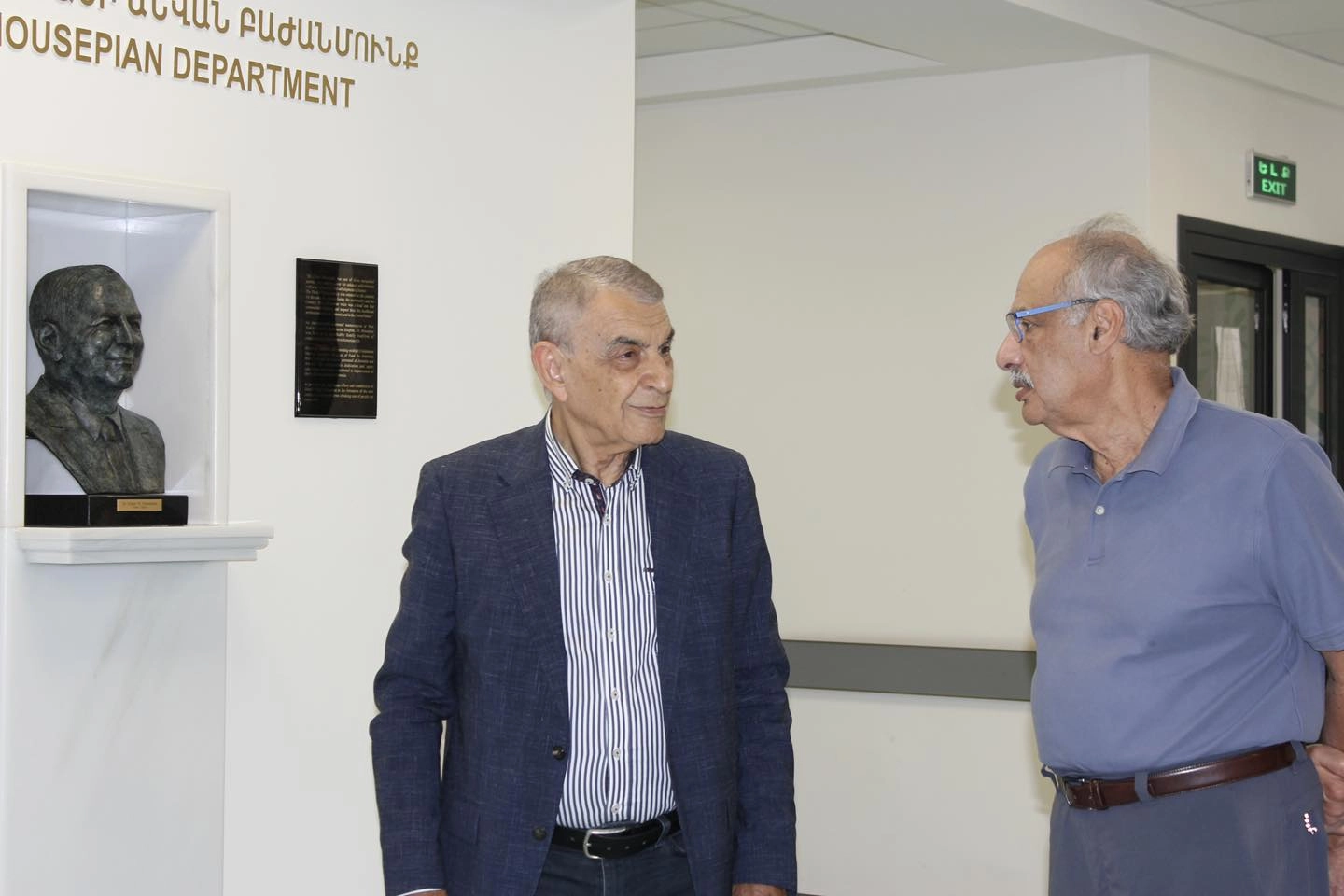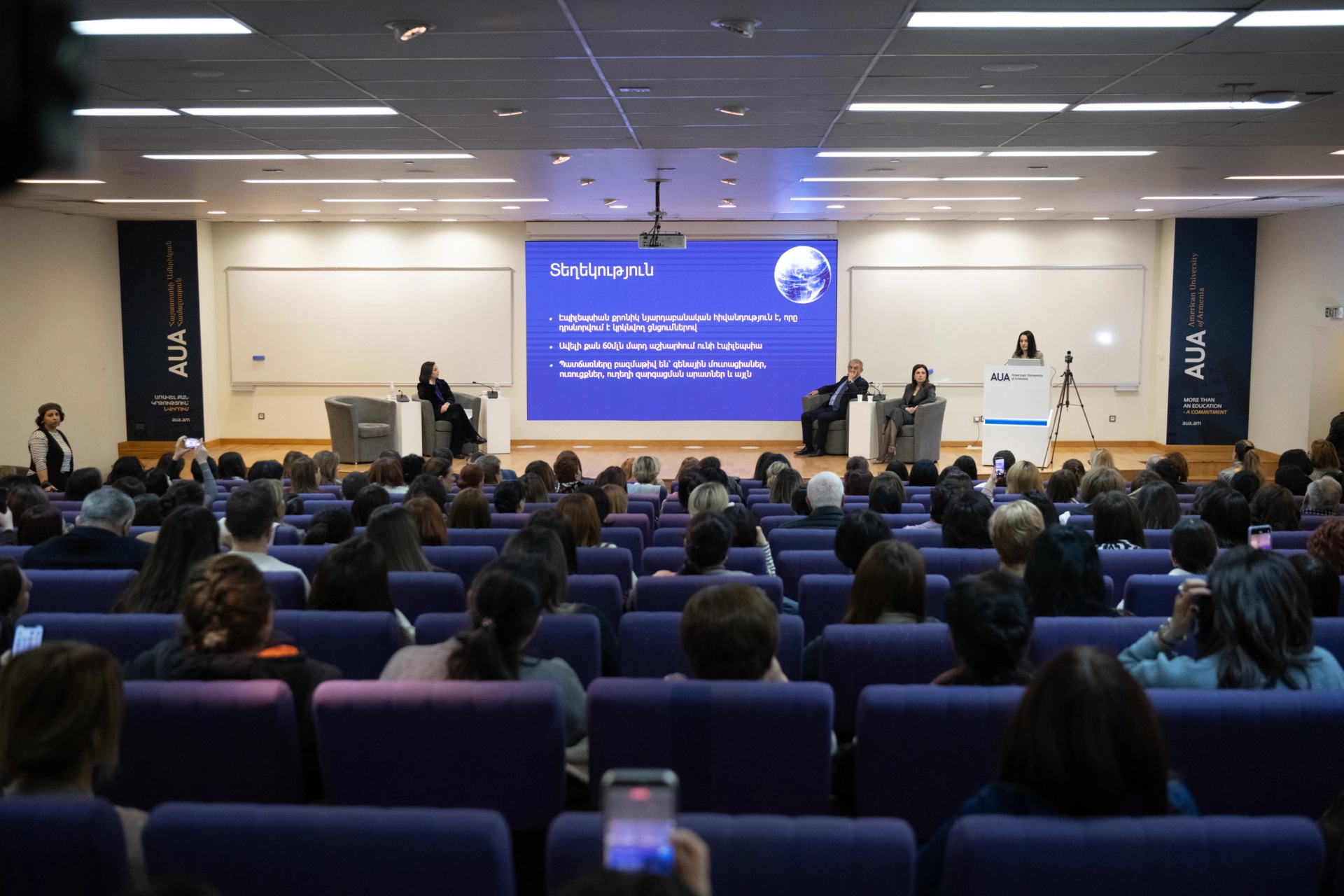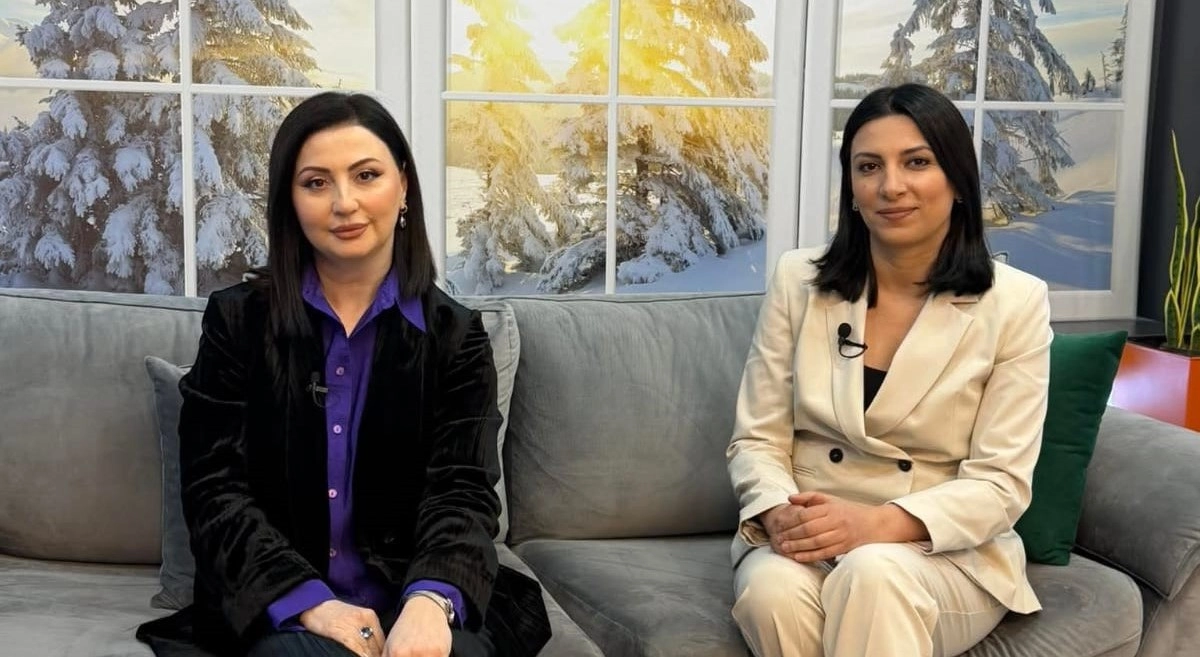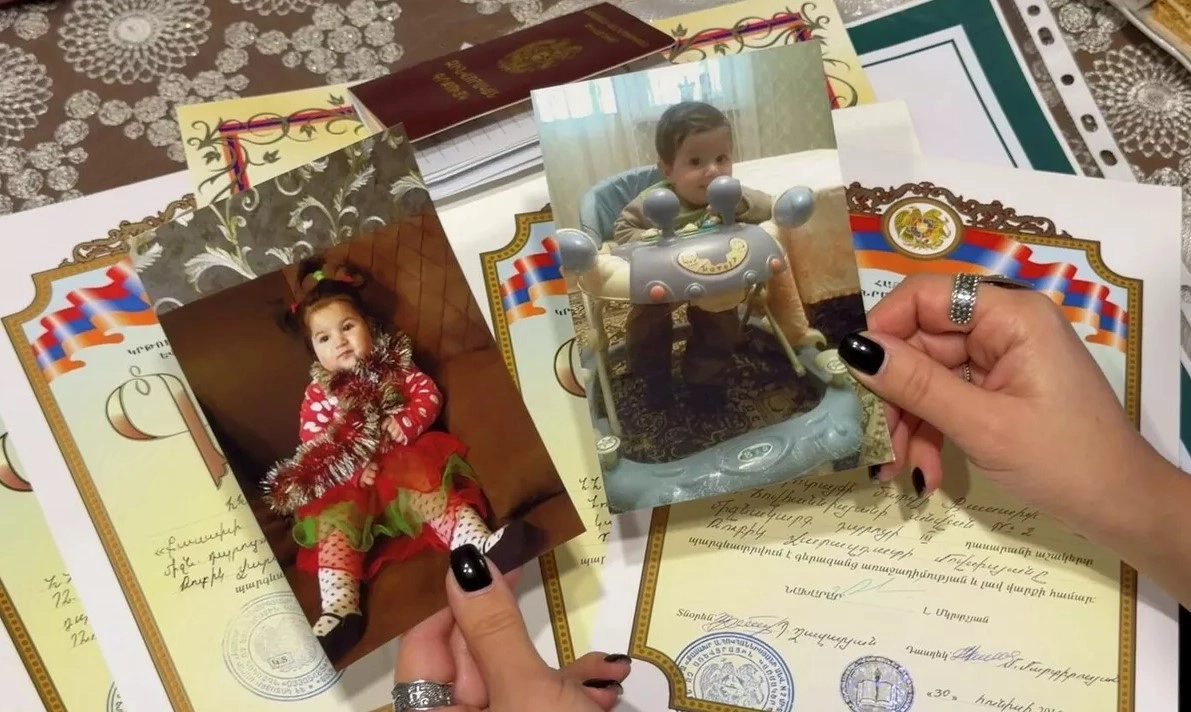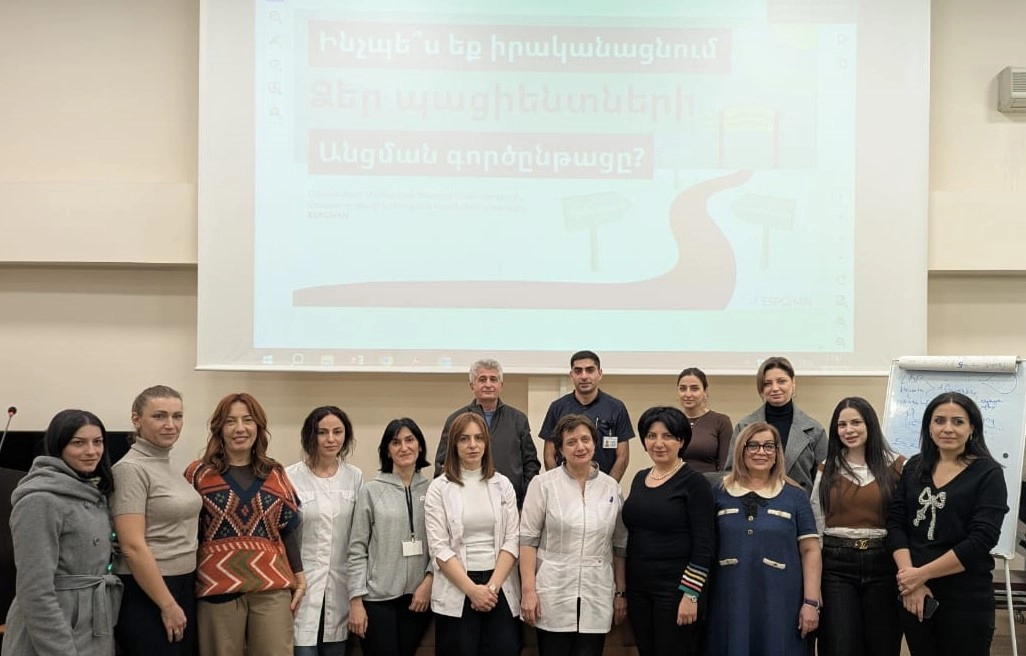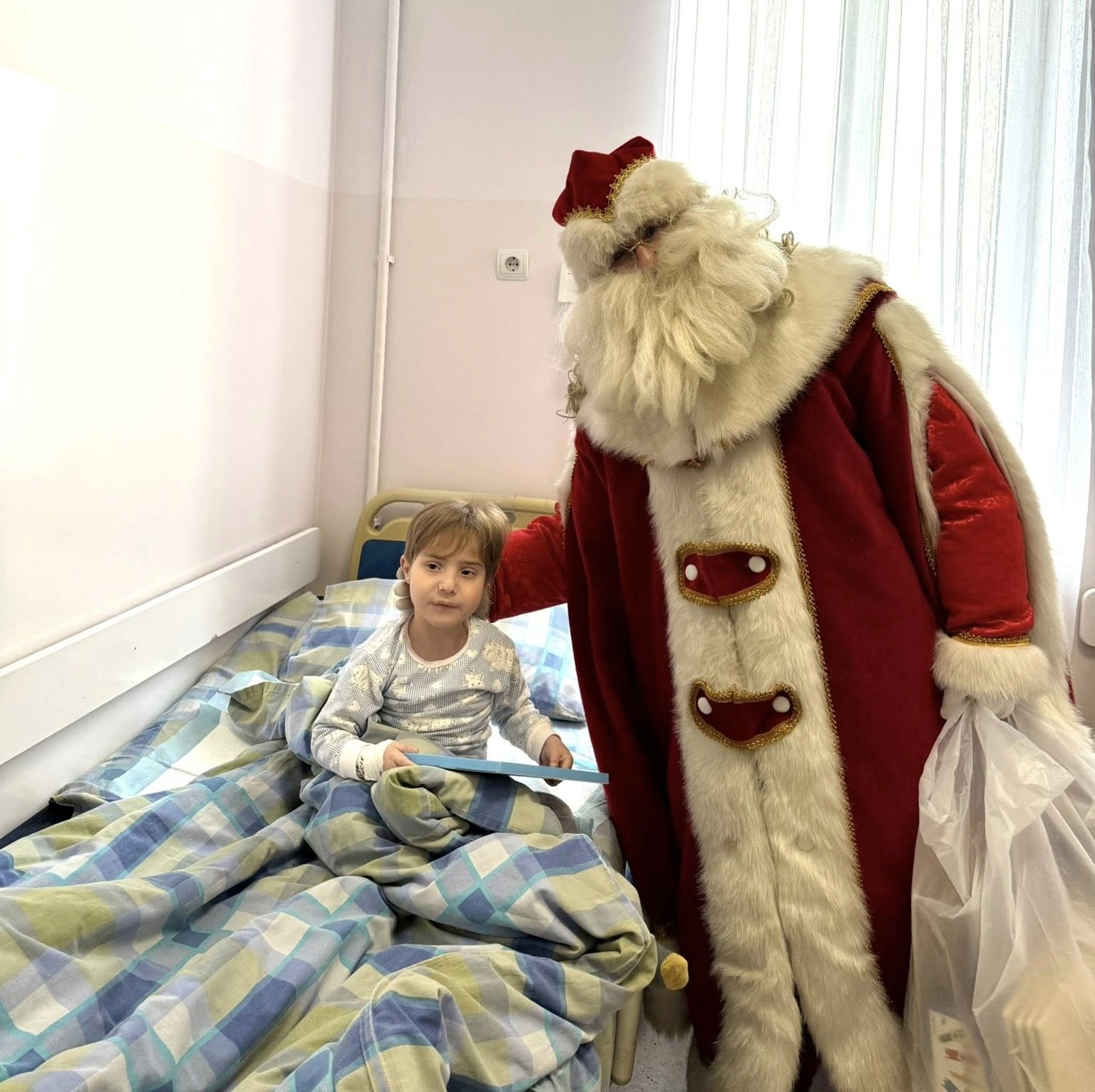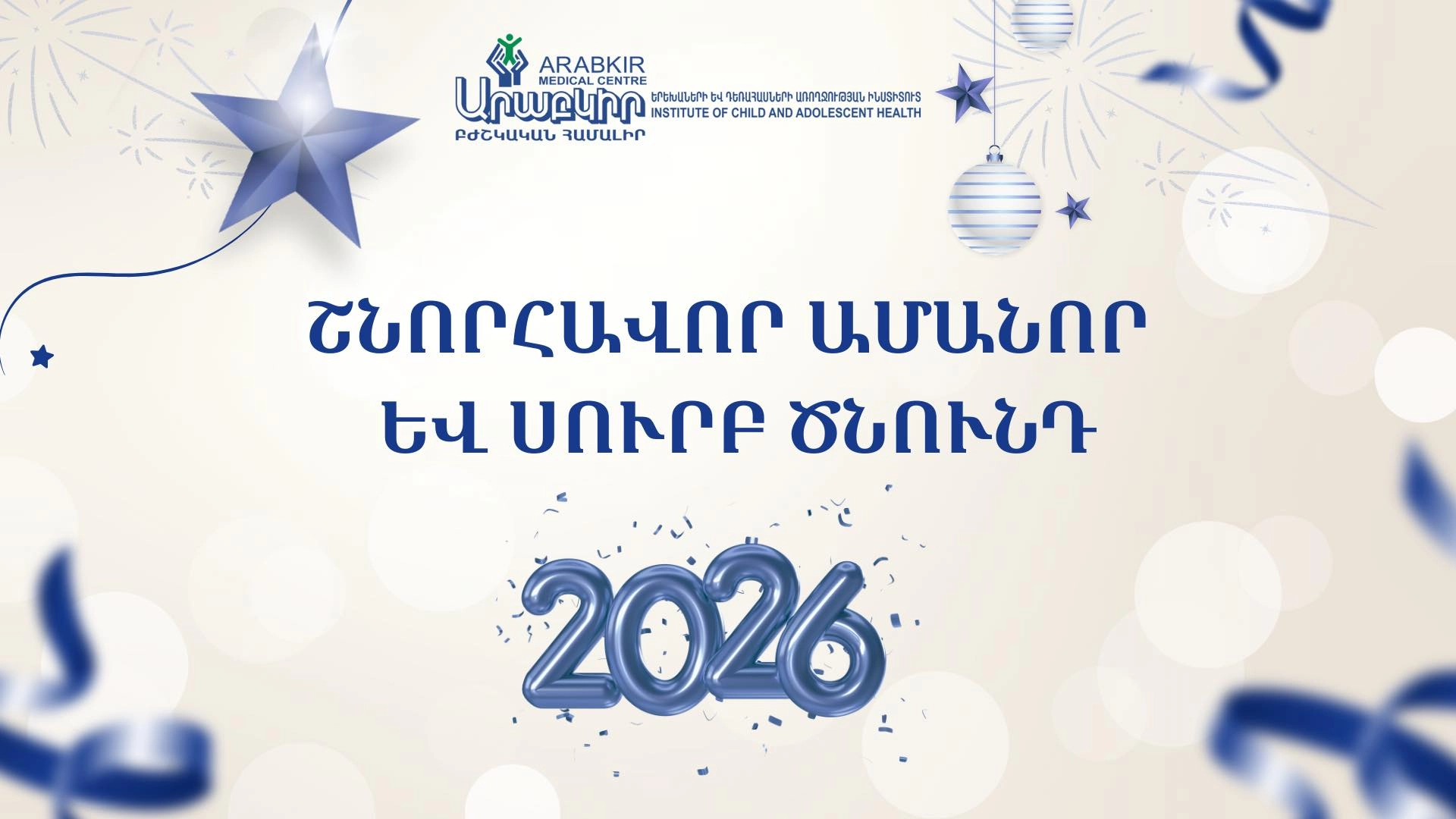Thanks to the longstanding cooperation between Arabkir Medical Center and FAR, numerous healthcare programs have been implemented over the decades.
During the visit, the guests toured the medical center and visited the Edgar Housepian Epileptology Clinic, where over 4,150 patients receive continuous care and treatment. The clinic is among the regional leaders in advanced epilepsy diagnosis and treatment for both children and adults. It is named in honor of Professor Edgar Housepian, an internationally renowned neurosurgeon at Columbia University and Presbyterian Hospital in New York.
“Professor Housepian made an immense contribution not only to the United States but also to the healthcare system of Armenia,” noted Professor Ara Babloyan during the meeting. “His most active involvement began after the 1988 earthquake. As coordinator of FAR’s medical programs, he organized the training of nearly 100 Armenian doctors in the United States.”
The introduction of a modern model of continuous professional development in Armenia became possible largely due to Professor Housepian’s legacy. Those present expressed deep appreciation for his life, work, and lasting contributions to Armenian healthcare.
The introduction of a modern model of continuous professional development in Armenia became possible largely due to Professor Housepian’s legacy. Those present expressed deep appreciation for his life, work, and lasting contributions to Armenian healthcare.
The visit concluded with a roundtable discussion, attended by participants of FAR’s Continuing Medical Education program from medical institutions across Armenia, along with Armine Hakobyan, President of the FAR Fellowship Alumni Association (FAR FAA), and Bella Grigoryan, a member of the Board.
“The Fund for Armenian Relief is one of the exceptional organizations that, since 1988, has set clear goals for developing all sectors of public life in Armenia and continues to move confidently toward achieving them,” emphasized Professor Babloyan at the conclusion of the meeting.
Both parties expressed confidence that their partnership will continue and expand in the years ahead.

 English
English
 Հայերեն
Հայերեն Русский
Русский